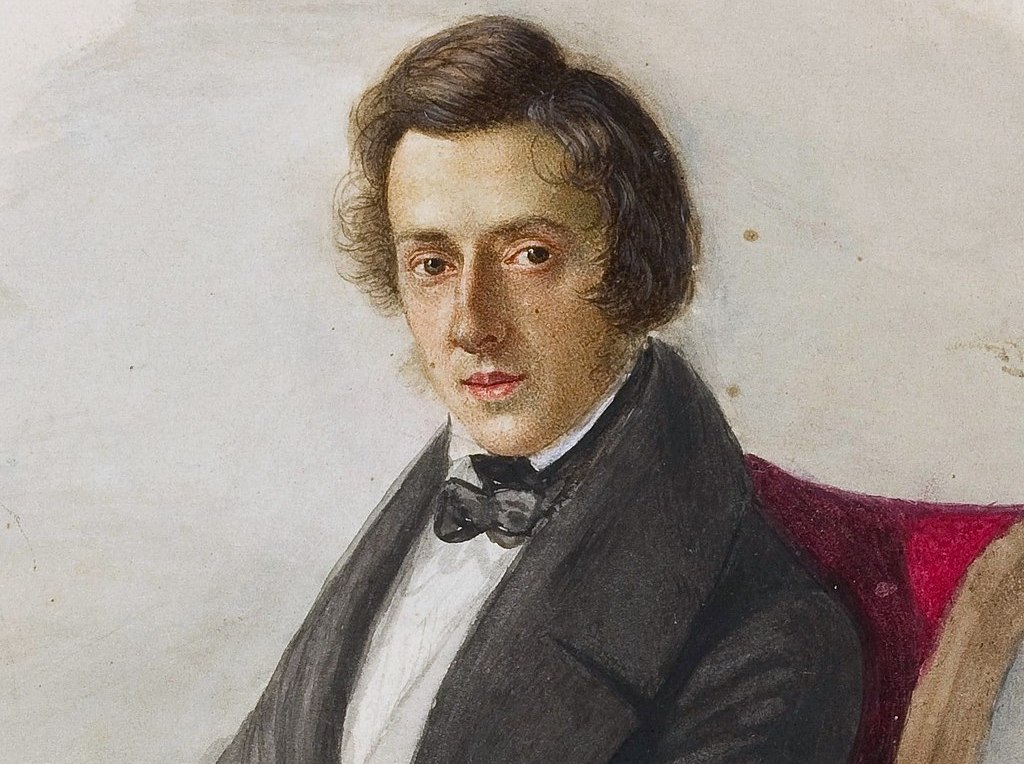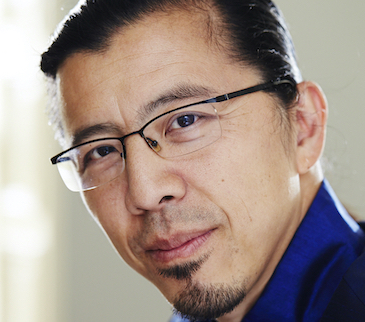Creating a Great Composition from Zero
Composition is a kind of freedom. A line from the film Amadeus (written by Peter Schaffer, directed by Milos Forman, 1984) has always resonated with me. Emperor Joseph II tells Mozart that his opera has too many notes, and Mozart responds, “There are just as many notes, Majesty, as I require, neither more nor less.” I started composing when I was six years old, and, for me, composition has always been about finding that perfection, the exact amount of things in the right places.
In our language, when we talk about composition, we call it an act of creation. I’m personally not a religious man but I find it compelling that you use that same word, creation, in a religious context and for composition. In composing, you create a world that has to be perfect in its own sense. Your freedom is to visit this world as a composer. At the same time, I’ve been composing for some 44 years, and even now, the blank white page is a total mystery every time. That’s the only way that you can explain why even geniuses like Bach or Mozart didn’t create only exceptional works. You can create a great work only if the first 20 seconds are great, and you are a good composer. If the first 20 or 30 seconds are not amazing, you still might have something, but it won’t be magical.
For example, I am at the moment halfway into writing 24 Études for piano. This is a big long term project that I started 6 years ago because of my love and admiration of the Chopin Études.

The number 24, of course, goes back earlier than Chopin, to the 24 Caprices of Paganini or even Bach’s 24 preludes and fugues. For me, Chopin truly delivers 24 Études that are each amazing. There are beautiful études by Scriabin alongside some that are not so interesting. The same is true for Rachmaninov or even Liszt. Likewise, while it is impressive that Beethoven wrote 32 sonatas, not all of them are equally incredible. As I mentioned earlier, you need a great beginning to create a great work and I find it extremely impressive that Chopin managed to find these special first 20 seconds 24 times in a row! There is great magic when you start composing and there’s nothing yet on the page.
I disagree when some people say that great composers are ahead of their time. I think that you cannot be in advance of your time, but that some people can be late or behind! We all live in the same world. Writers capture the world that we live in now, not the world that people lived before. And I suppose that, without wanting it, my music contains the sum of my experiences. What makes music great is not that it conveys these experiences but how it does it. If you write glorious music, you will write it whatever time you are in. You can’t escape your time, and thus, you will express some of its problems, but the time you live in does not directly affect how good your music is. Life is never easy, even the most fortunate people can’t escape the most significant difficulty in life: death. Art is there for that. Life is genuinely unbearable without the beauty of something perfect.
My mother died last October. My parents were a solid, loving, and successful couple, and her death has been very hard on my father. He is an artist, and he says the only time he can escape the grief right now is when he paints.
The same is true for me. When I compose, I leave this world. It ceases to exist. Music, or art in general, creates a world as it should be. It exists for us from time to time but isn’t permanent. The art, though, is permanent. In art, we have a beauty and purity that is very precious. Many people feel that their children should never be musicians or artists because the pay can be low and irregular. I don’t deny that it is true. But when you can play or write, it gives you an escape to this world that nobody else has. And that is very valuable too.
Right now my career is going well. But it is not always like that for any composer. I used to meet with Vladimir Ashkenazy, and every time we met, he would tell me a terrible story about something that happened to Beethoven or Brahms. Even successful composers do not have easy lives, even when you are lucky. But I have found composing rewarding as an act of creation, escape, and expression.

Nimrod Borenstein
The past few years have seen a great number of, British-French-Israeli composer Nimrod Borenstein’s works being premiered across the globe. Leading artists and orchestras who play his work include Vladimir Ashkenazy, the Philharmonia Orchestra, the BBC Philharmonic orchestra, the Oxford Philharmonic, Roberto Prosseda, Dmitry Sitkovetsky, and many others.
In 1984 Borenstein won the competition of the Cziffra Foundation and became one of its Laureates. He moved to London in 1986, to pursue his studies as a violinist with Itzhak Rashkovsky at the Royal College of Music. He was then awarded the highest scholarship from the Leverhulme Trust to study composition at the Royal Academy of Music (where he is now an Associate).
Among his high-profile supporters, Vladimir Ashkenazy has conducted several of Nimrod's compositions, culminating in his recording an entire album of Nimrod's orchestral works for Chandos, released in 2017. The recording won hugely positive reviews, including BBC Music Magazine 'Choice' ("an exuberantly inventive composer"), Classica (4 stars - "not only possesses a solid craftsmanship but even more important, a true personality. Finally, a music full of happiness!") and MusicWeb International ("For sheer pleasure and melodic inventiveness nothing I have heard this year touches this delightful CD - charming and accessible music to discover and enjoy.")
Borenstein’s music continues to rise in popularity, with his Suspended opus 69 in particular proving a huge international success with more than 150 performances since its premiere in January 2015 at the Royal Opera House, Covent Garden. Recent months have seen various notable premieres including the choral work “And there was light” , Concerto for Piano, Trumpet and strings orchestra, and Cello Concerto No 2. Nimrod’s substantial catalogue continues to develop and currently numbers more than eighty works including ballet, concertos, orchestral and chamber music as well as vocal and solo instrumental pieces.



Comments are closed.